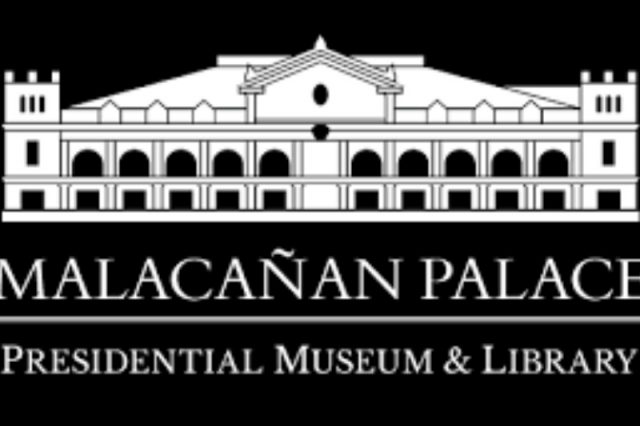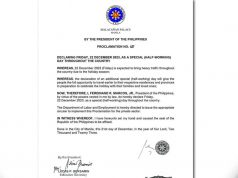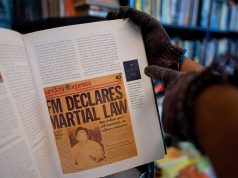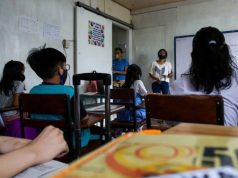The government website repository of the Presidential Museum and Library was reported inaccessible Monday, May 16.
Manuel L. Quezon III on Twitter sounded the alarm when he noticed that Malacanang.gov.ph was unavailable.
“http://malacanang.gov.ph where the repositories of the Presidential Museum and Library were, is gone,” he tweeted.
https://t.co/Z7SLJ8ijdJ where the repositories of the Presidential Museum and Library were, is gone.
— Manuel L. Quezon III (@mlq3) May 16, 2022
The Presidential Museum and Library is an institution that is responsible for preserving, managing and promoting the heritage of the Philippine presidency.
It is located within the Malacañang Complex in the City of Manila.
Quezon’s tweet sparked concerns about historical revisionism amid the looming presidency of Ferdinand Marcos Jr. son of late Ferdinand Marcos Sr. who declared Martial Law.
“The start of their plan to revise history. #NeverAgain,” a Twitter user commented.
“Protect history at all cost,” a Twitter user said.
Quezon later stated that there can be many reasons for its website being inaccessible for now.
Despite the speculations, he noted that the contents of the website were already archived before June 30, 2016.
“To be clear: deleting could be as simple as someone wanting the online real estate for some other government purpose, or lack of interest in a museum site. Content there was archived before June 30, 2016 in site for public access/use so beyond gov’t reach,” Quezon said.
Museum’s response
The museum later issued a statement to allay the public’s fears regarding its website.
“Please be informed that, contrary to reports that it has been deleted, the website malacanang.gov.ph is merely suspended following measures to update the content therein and improve its security features,” the post reads.
“Rest assured that the contents of the said website have not been compromised and will be made available to the public at the soonest possible time,” it added.
Other ways to access the Presidential Museum and Library
The museum’s official Facebook page is still up. Its last update was on March 22, 2022.
The latest post was an announcement that the PML reopened to the public last March 28.
Meanwhile, a short video to promote the museum was uploaded way back on Aug. 15, 2014.
It can be found via the official channel of the Official Gazette YouTube Channel.
The two-minute video briefly explained the significance of the PML in Philippine arts, culture and history.
“The Presidential Museum and Library houses the institutional memory and heritage of the Philippine presidency. The museum traces the evolution of the Malacañang Palace and its role today as the seat of the chief executive of the Philippine government,” part of the video said.
For those who wish to tour the place, a virtual tour of the museum is also still accessible for free via the Google Arts and Culture website.
The platform contains historical details, descriptions and photos of artifacts that are found in the PML.
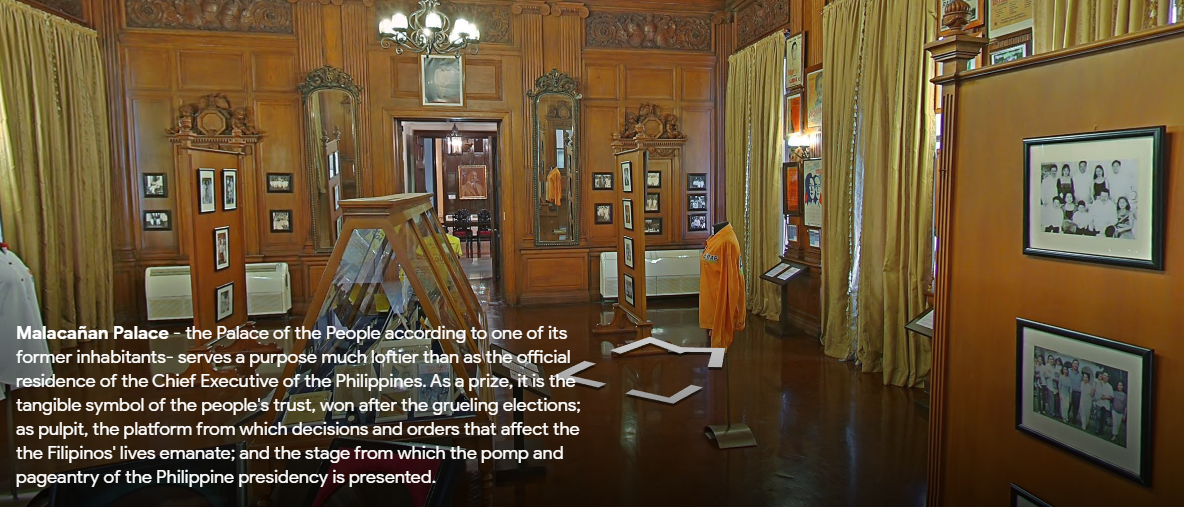
Below is a brief description of Malacañang to online visitors:
“From the Spanish colonial times until the present, the assumption to the highest executive position in the country was seen as a prize, the summit of all that could be achieved in one’s political career.”
Features via the Official Gazette
In a Twitter thread, Quezon shared links to special features and briefers about Martial Law that are found on the website of the Official Gazette of the Philippines.
This is the online version of the official journal of the Republic of the Philippines.
Below are the titles of the links Quezon cited in his thread:
- Declaration of Martial Law (in Filipino and in English)
- The Fall of Dictatorship
- Infograpic: The day Marcos declared Martial Law
- Si Ninoy Aquino
- Edsa, Elsewhere: The 1986 People Power Revolution
Other features, trivia and facts about the Philippine history and government can also still be viewed here.
Quezon also provided links to alternative copies of historical materials that were published in books.
These include archived publications of the previous Presidential Communications Development and Strategic Planning Office and the Philippine Diary Project.
The Philippine Diary Project is an online repository of diary entries made by Filipinos or foreigners writing about the Philippines.
Quezon owns and manages this website.

